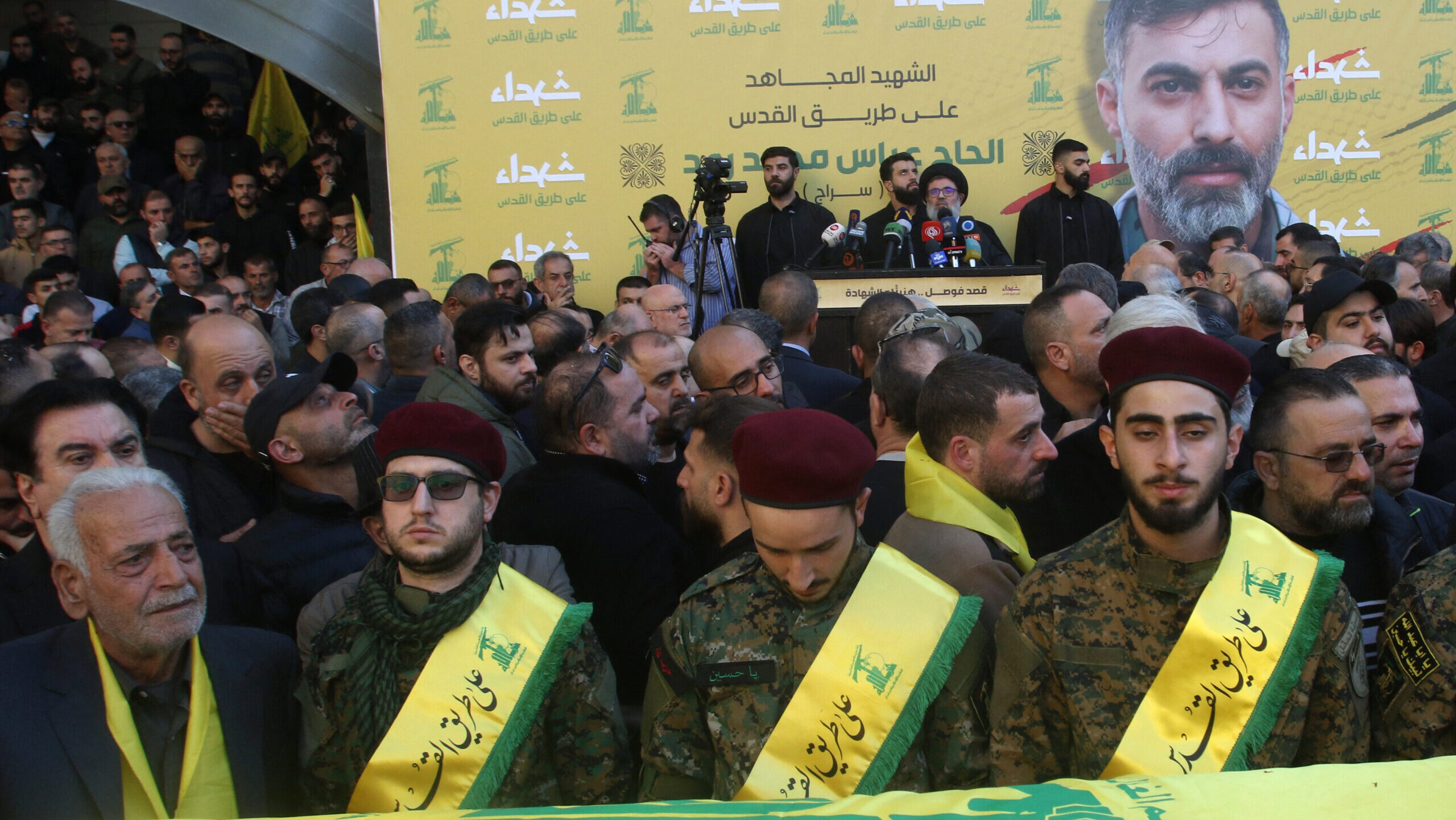The Circle of Fire Between Israel and Hizbullah Is Expanding, and the Meaning of This Is Clear
Maariv, Israel, December 20
The circle of fire between Israel and Hizbullah appears to be expanding by the hour, bringing us dangerously close to a regional conflagration. Despite diplomatic pressure from Israel, with support from the US, France, and Britain, Hizbullah has yet to fulfill its obligations outlined in the 2006 cease-fire agreement. This failure has resulted in the displacement of thousands of Israeli and Lebanese residents on both sides of the border as the conflict intensifies. This week, Defense Minister Yoav Gallant made it clear that if Hizbullah continues to ignore the terms of the UN Security Council Resolution 1701, Israel will be left with no choice but to use military force. In a previous article, I discussed Iran’s apparent intention to escalate this conflict by arming Hamas and instigating a war of attrition against Israel. It seems that Iran aims to strain the alliance between Saudi Arabia and the US while also diverting attention from its own nuclear program. Iran’s strategy has been evident since Oct. 7, as it activates various arenas to engage in a war of attrition against Israel. These include Hamas in the Gaza Strip, Hizbullah in Lebanon, Shiite militias in Syria, Houthis in Yemen, and terrorist groups in the territories of Judea and Samaria. As Hizbullah and Lebanon face increasing pressure from Israel, the Iranians are now shifting their focus toward Syria and Jordan. Recent developments confirm Iran’s establishment of a new terrorist infrastructure in Syria, which recruits Palestinian refugees from southern Syrian refugee camps under the guise of Hamas. Funding and support from Iran enable this arm to coordinate rocket attacks from southern Syria toward Israel, shifting the burden from Hizbullah to Hamas. In addition, Iran is using Shiite militias in Syria to smuggle heavy ammunition from Syria to Jordan and further into the Palestinian territories. This smuggling route, previously used for drugs, now serves as a channel for weapons destined for terrorist elements in Judea and Samaria. The ultimate aim is to provide infrastructure for missile launches, as well as heavy weapons and deadly drones. The increased activity along the Jordan-Syria border has already resulted in clashes between the Jordanian army and smugglers working for Iran. Iran’s intention is to expand this activity and potentially launch terrorist attacks and missiles from Jordan toward Israel. This poses a significant concern for Jordan’s King Abdullah, who must navigate between his kingdom’s strategic interests, internal constraints favoring the Palestinians, and the competing influences of Iran, Syria, Russia, Hizbullah, and the US-Israel alliance. The king is cautious not to take actions that could strain his relations with Israel, which are further strengthened by the annual transfer of 55 million cubic meters of water from the Sea of Galilee to Jordanian hands. Nevertheless, Iran’s ongoing efforts to threaten Israel from the east through this new terrorist arm in Jordan should be cause for serious concern. The situation calls for increased vigilance and collaboration among nations invested in regional stability. It is imperative to address and contain this growing threat before it escalates any further. —Efraim Ganor (translated by Asaf Zilberfarb)


